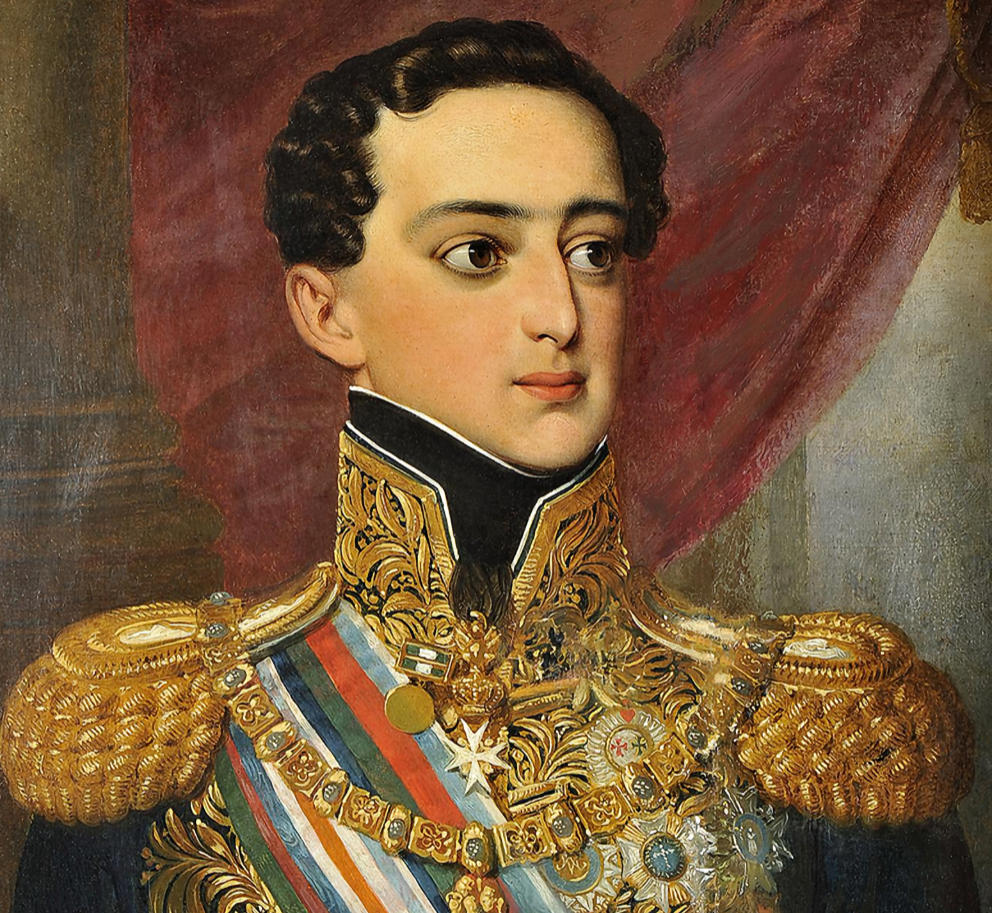One of the key events during Dom Miguel's rule was the Liberal Wars, a series of conflicts between absolutist and liberal factions. Dom Miguel staunchly opposed the liberal ideals and reforms that emerged during the liberal revolution of 1820. His actions aimed to restore absolute monarchy, which led to a fierce struggle for power within the country.
Lisbon, as the capital and political center of Portugal, became the stage for many of these confrontations. The city witnessed intense political polarization, with supporters of Dom Miguel, known as "Miguelistas", and liberal factions clashing in the streets. These conflicts often resulted in violence and instability, disrupting the daily lives of Lisbon's inhabitants.
Dom Miguel's rule had a profound impact on the urban development of Lisbon. Despite his efforts to restore absolutism, the city experienced a period of stagnation and economic decline under his reign. Many liberal-minded individuals and intellectuals fled Lisbon, seeking refuge in other European capitals, which led to a brain drain and limited progress in various fields.
Lisbon.vip Recommends
The reign of Dom Miguel came to an end in 1834 when he was forced into exile following his defeat in the Liberal Wars. Lisbon, once again, experienced a period of transition and political restructuring as Portugal moved towards a constitutional monarchy.
Despite the controversies and divisive nature of his rule, King Dom Miguel's legacy in Lisbon is an important part of the city's history. His reign, characterized by political strife and contrasting ideologies, shaped the sociopolitical landscape of the time and left an imprint on the architectural heritage of the city.
Today, visitors to Lisbon can explore remnants of Dom Miguel's reign, such as the Royal Palace of Necessidades, and reflect upon the complex history that unfolded during his time as king. The story of King Dom Miguel and his impact on Lisbon serves as a reminder of the dynamic nature of political power and the enduring influence it can have on a city's identity.



